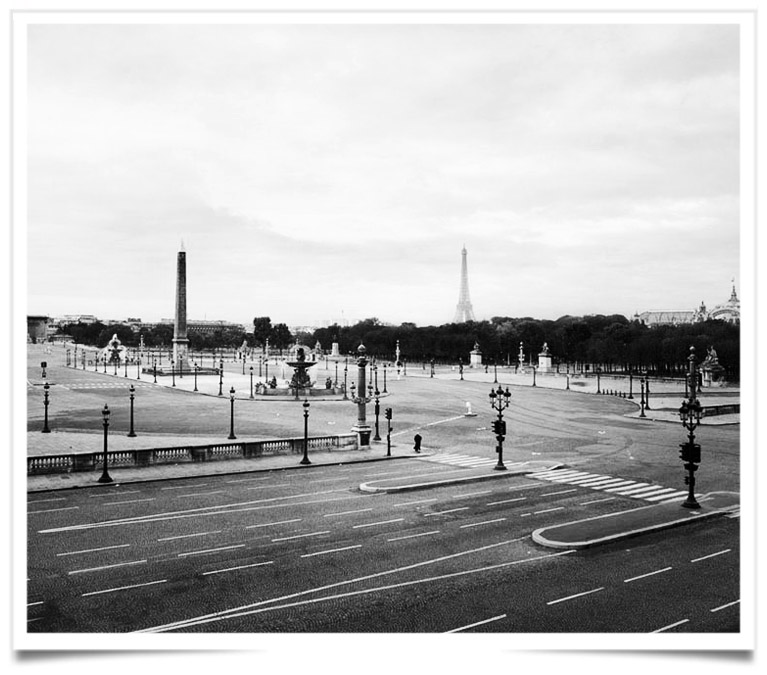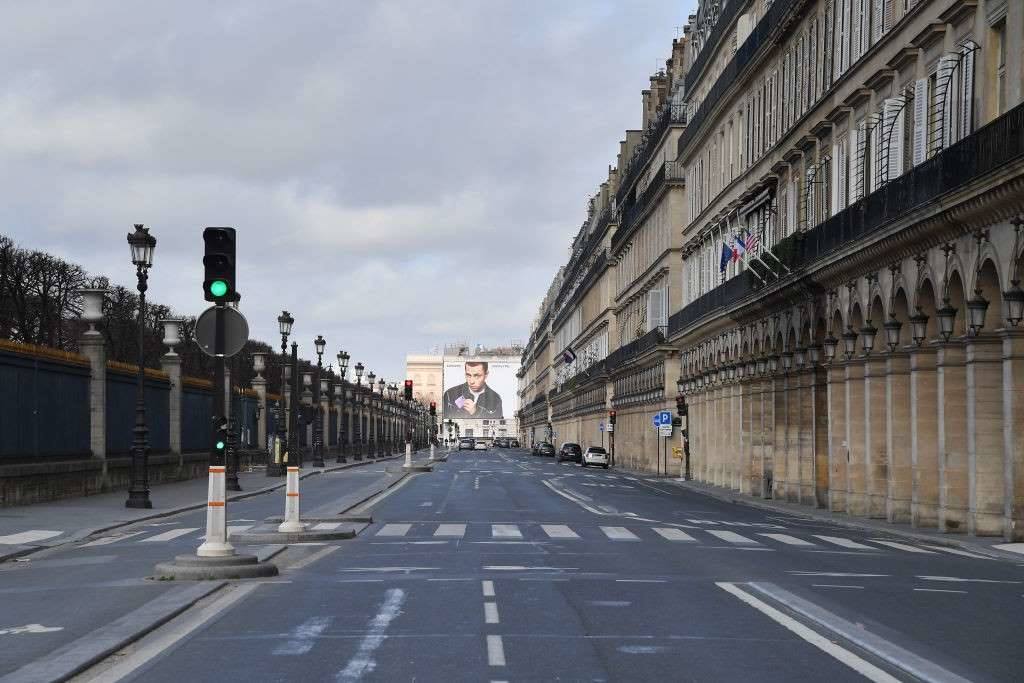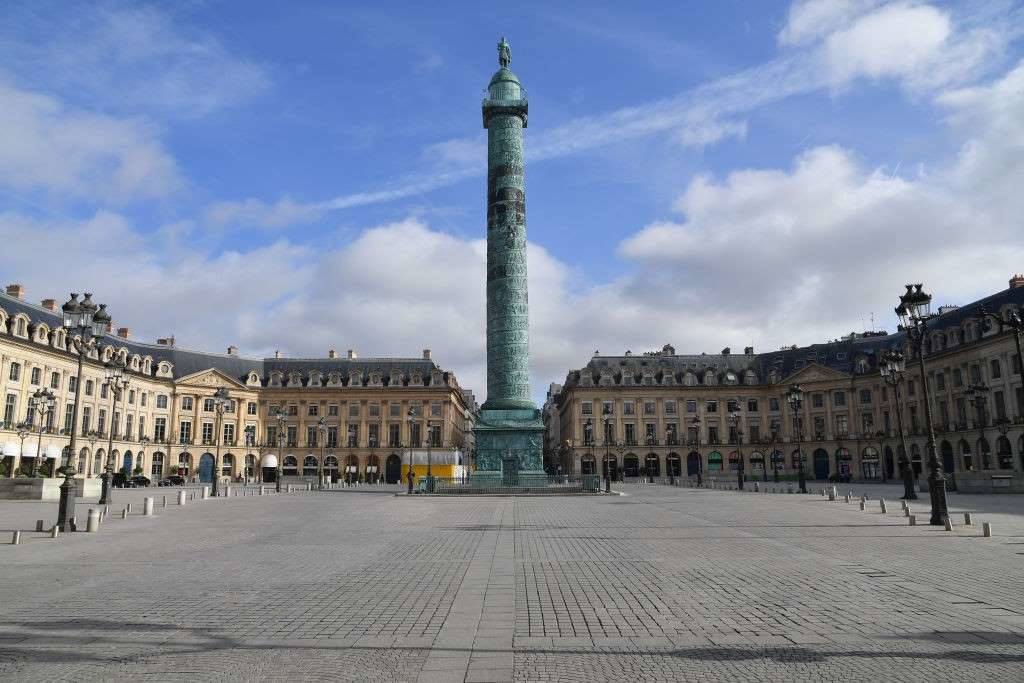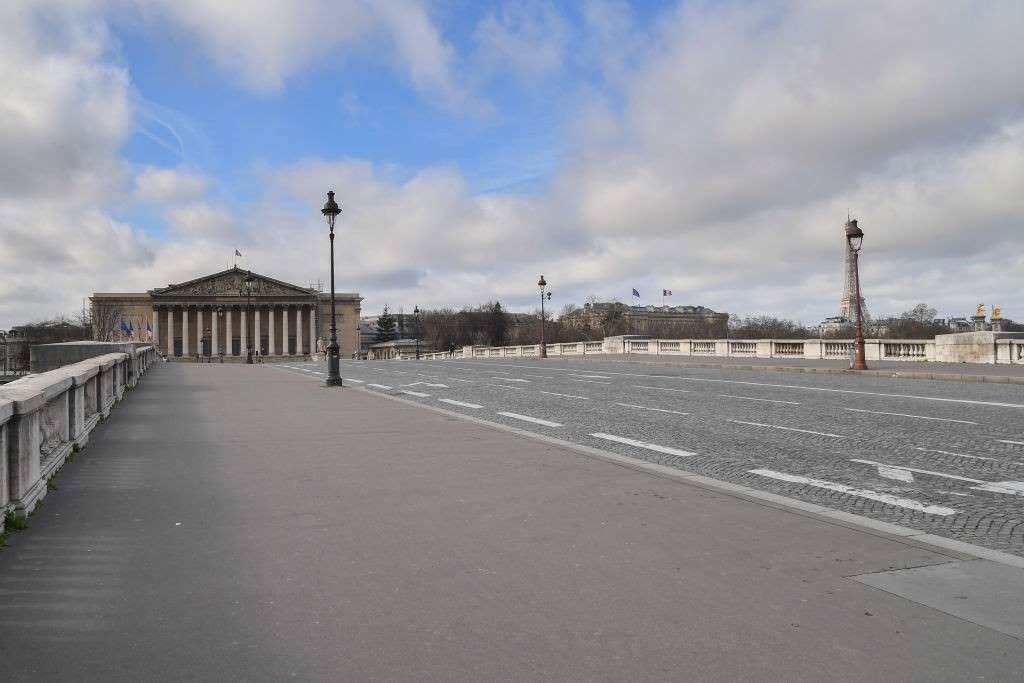 France has unblocked 45 billion euros in emergency aid for companies and workers whose revenues are impacted by the government-mandated lockdown to fight the coronavirus outbreak, Finance Minister Bruno Le Maire said on Tuesday.
France has unblocked 45 billion euros in emergency aid for companies and workers whose revenues are impacted by the government-mandated lockdown to fight the coronavirus outbreak, Finance Minister Bruno Le Maire said on Tuesday.
The crisis, which has prompted the government to shut all nonessential businesses and call on citizens to remain at home, is expected to plunge the French economy into recession. Growth is set to fall by 1 percent in 2020, Le Maire said, adding this forecast could be amended as the situation evolves.
This economic and financial war will be long, it will be violent, and it will require all our efforts, whether national, European or at the G7 level; Le Maire said in a telephone press conference.
The absolute priority is to support companies and workers to keep our economy afloat and preserve our capacity for restarting; he added.
The government has allocated 8.5 billion euros over two months for workers facing partial unemployment. A further 32 billion euros has been earmarked for deferring taxes and social charges.
In addition, the government has set up a solidarity fund worth 2 billion euros per month for companies whose activity has been suspended. Le Maire estimated some 600,000 firms would qualify for the aid, including 160,000 restaurants, 140,000 non-food retailers and 100,000 companies in the tourism sector.

Under the scheme, businesses with a turnover of less than 1 million euros, and who have seen a drop of more than 70 percent in their revenues between March 2019 and March 2020, will be eligible for an immediate grant of 1,500 euros.
The principle we have set is zero income, zero outlays; Le Maire said. He welcomed the move by the National Association of Shopping Centers, the CNCC, which has called on landlords to temporarily suspend the collection of rents and charges for the month of April to ease the pressure on ailing businesses.

The French government is pushing for the suspension of rent, water and electricity bills for all struggling business owners.
It has also pledged to guarantee all new bank loans to the tune of 300 billion euros. This was part of a package of fiscal measures announced by euro zone finance ministers on Monday, equivalent to 1 percent of the area’s gross domestic product.
Le Maire’s remarks echoed those of Mário Centeno, president of the Eurogroup, who signaled the strong commitment of member states by reprising the whatever it takes; comment first uttered by European Central Bank president Mario Draghi in 2012, which has since become a catchphrase.
We will protect our citizens and our currency come what may and with everything we have got. Our commitment to provide support in this time of need is unlimited, Centeno said on Monday.
We will do whatever it takes and more to restore confidence and support a rapid recovery,he added.

In a bid to reduce stock market volatility, the AMF, France’s stock market regulator, on Tuesday banned short selling in 92 shares until the end of the trading day. The stocks concerned are those most impacted by the fall in prices during Monday’s session.
Le Maire said European governments were ready to ban short selling for one month in order to prevent speculators from profiting from the crisis.
The COVID-19 crisis hits a French retail sector already weakened by a year of violent antigovernment protests and a 50-day transport strike.
Sales of clothing and textiles fell by 5.1 percent year-on-year in value terms in February, as department stores were further hit by a drop in tourism from Asia due to the COVID-19 outbreak, the Institut Français de la Mode said Tuesday.
Revenues for the sector, excluding catalogue and online sales, were down 5.1 percent in value terms in the first two months of 2020, it reported.
François Feijoo, president of Procos, the federation representing specialized trade, said that out of the 60,000 stores it represents, only between 200 and 300 remained open. Members include Groupe Galeries Lafayette, Inditex, H&M, Lacoste, Pandora, C&A and Etam, with a combined annual turnover of 110 billion euros.
Describing the situation as unprecedented, Feijoo described the government response as "very forceful," but noted that some areas remain unclear, namely the suspension of rents, which will be decided on a case-by-case basis, and whether insurers are willing to compensate some of retailer; losses, since current contracts don’t cover the eventuality of a pandemic.
While the immediate priority is to manage cash flow and personnel issues, he said retailers would need longer-term support, since the Chinese example was proving that consumers may be slow to return to their previous spending levels.
"Stores won’t reopen from one day to the next with 100 percent of their previous revenues. There will have to be additional supportive measures, whether supporting consumer spending or supporting businesses if consumer spending is slow to return; Feijoo said.
Most major retailers declined to comment on the government package or to estimate the cost of the lockdown.
European mall operator Klepierre noted that while it is too early to assess the impact of the ordered store closures across the continent, it is in contact with tenants and has implemented “stringent cost cuts” to pass service charge savings to them.
Klepierre is also working to reduce non-essential capital expenditures and non-staff operating expenses, it also said. The company assured it has committed revolving credit facilities to cover liquidity needs.
Italian operations, which accounted for 16.6 percent of overall gross rental income and generated 205.7 million euros in revenues last year, have already been affected by store closures there. Klepierre has operations in Germany, Spain and Eastern Europe.
Global mall operator Unibail-Rodamco-Westfield also said it’s too early to gauge the impact on contractual obligations or estimate the effect of efforts it may make on a case-by-case basis. The group said it is reducing non-staff expenses, deferring nonessential capital expenditure and will make use of assistance from national authorities to help companies weather the crisis.
“However, considering the uncertainty around this rapidly evolving situation and how long the above preventative measures will need to remain in place, it is not currently possible to estimate the extent of the impact on the group’s earnings,” the mall operator said.
Unibail-Rodamco-Westfield has shut most stores in malls in France, Spain, Poland, Austria, the Czech Republic and Slovakia. with some limitations to trading hours in Denmark.”
